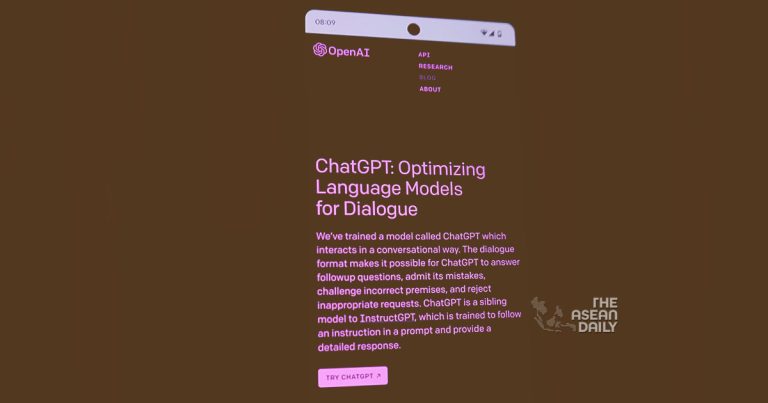5-6-2023 (SHANGHAI) Chinese quant hedge fund managers are turning to AI technology, such as the ChatGPT-style tools, to aid in decision-making amid a challenging investment environment. The country’s post-COVID recovery is weakening, and competition is rising in the 20tn yuan ($3tn) private fund industry. ChatGPT is a revolutionary application that can draw conclusions from a network of relationships with multiple dimensions in ways that human brains cannot, according to Steve Chen, a partner at Shanghai-based MX Capital. The hedge fund already uses ChatGPT to understand a company’s fundamentals, avoid value traps, and identify investment opportunities and risks.
Feng Ji, chairman of Baiont Capital, said that ChatGPT-like tools enhance quants’ ability to process text-related data and inspire larger models using trading data instead of text. His hedge fund, backed by former Google China chief and AI veteran Kai-Fu Lee, has invested heavily in hardware to enhance computing power required for model-training. High-Flyer, one of China’s largest quant funds, considers advanced AI as the “greatest innovation of our times.” The fund announced the creation of a research unit in April to explore disruptive AI technologies.
Zhishan Investment, a Beijing-based asset manager, announced that it would deploy AI robot “Cybertron” across all products and use it to help reshape its investment methodology. Baiont Capital’s Feng is more ambitious, seeking to let robots take full control of the investment process, from data analysis and prediction to decision-making and execution. His Nanjing-based company uses high-frequency trading strategies and recruits only computer scientists, not Wall Street traders.
The race to develop and adopt powerful AI services has fuelled anxiety about privacy, safety, and job security. Regulators are looking for ways to tackle the impact of generative AI technology. In China, where technology giants such as Alibaba, Sensetime, and Baidu have ramped up AI bets, regulators unveiled draft measures in April giving them greater oversight of the technology. Larry Cao, senior director of research at CFA Institute, cautioned that the technology could put at stake jobs of bankers and fund managers working in areas where data is easily accessible.




